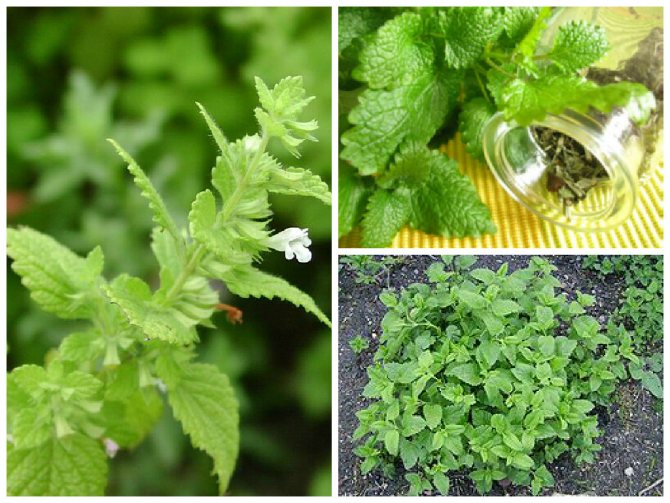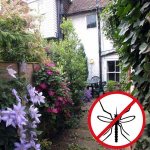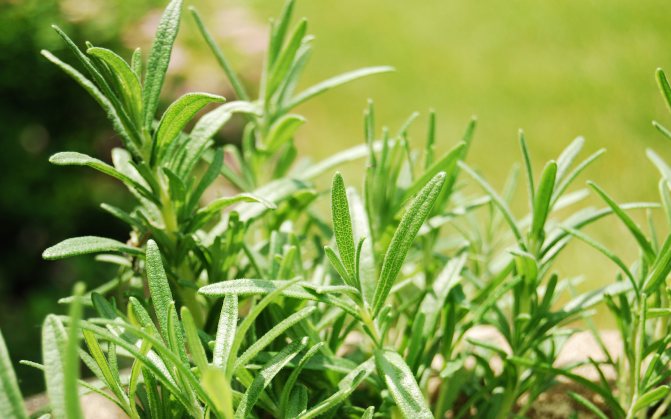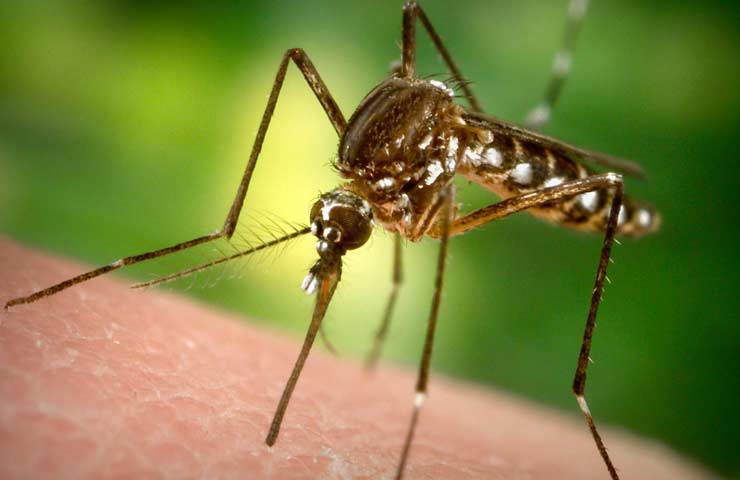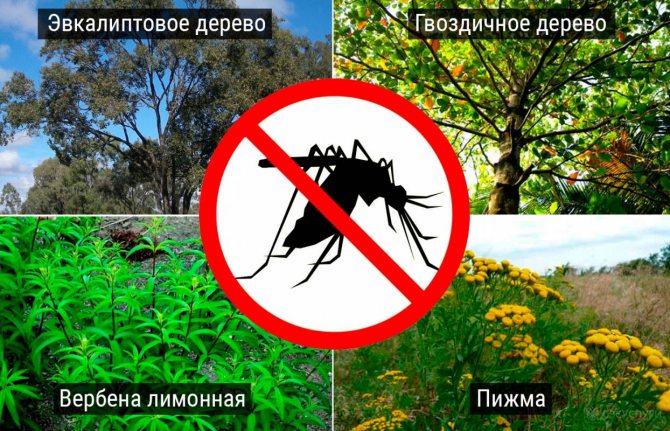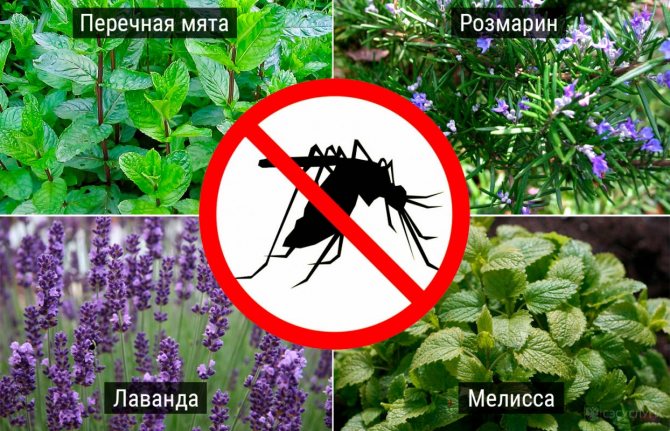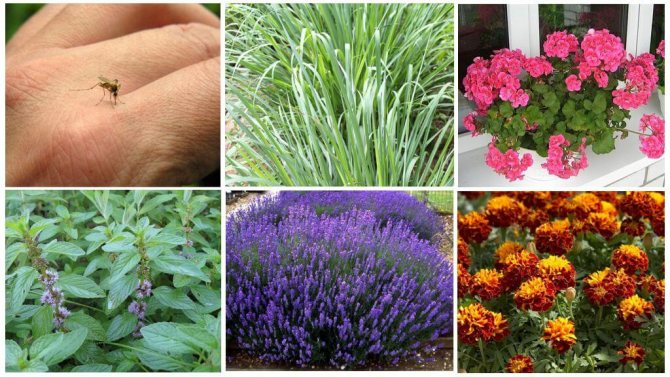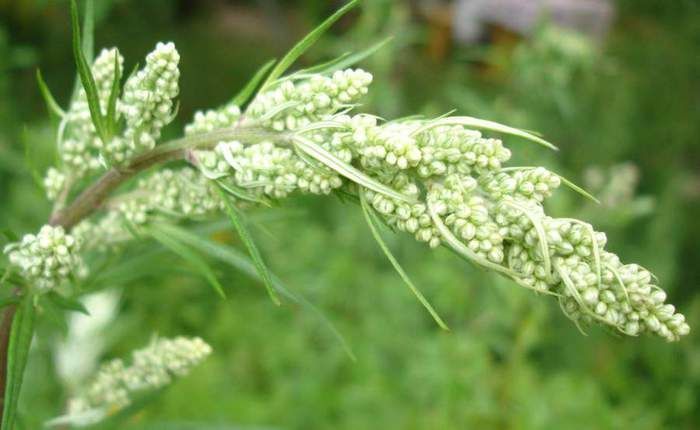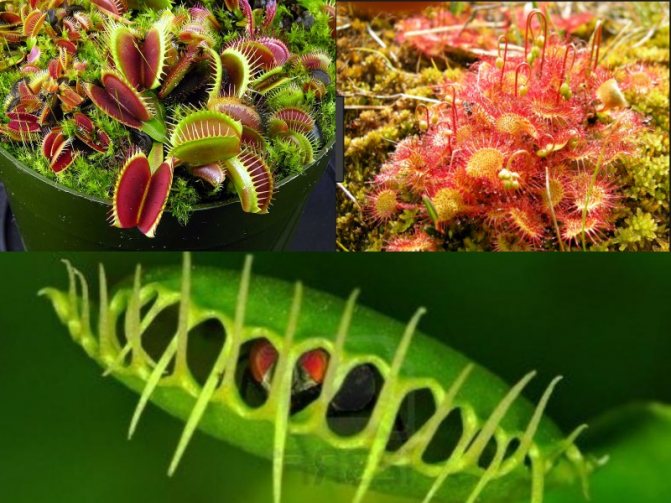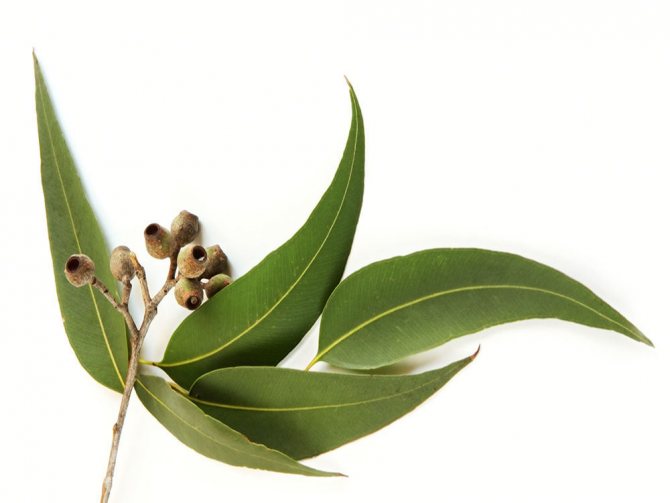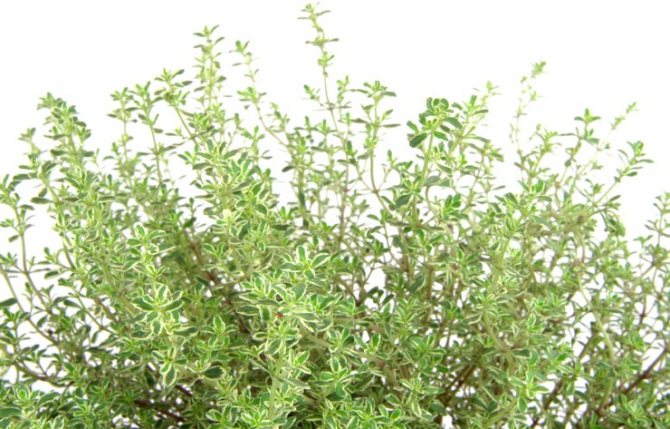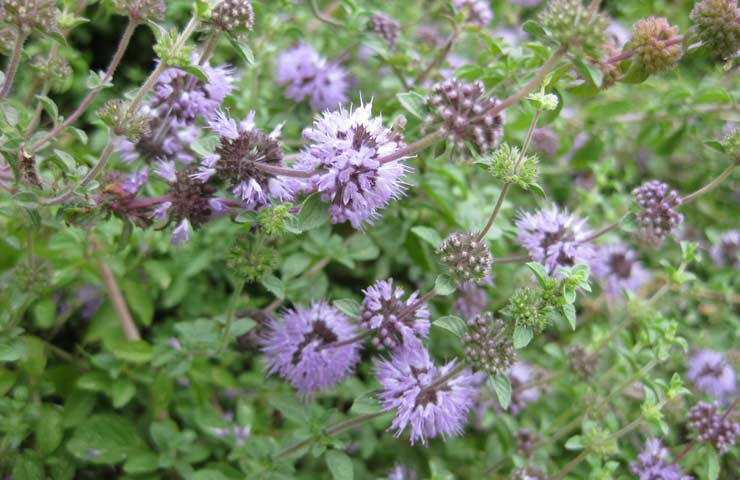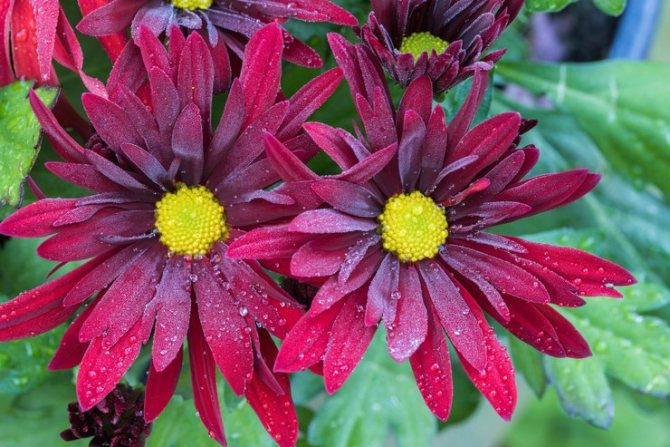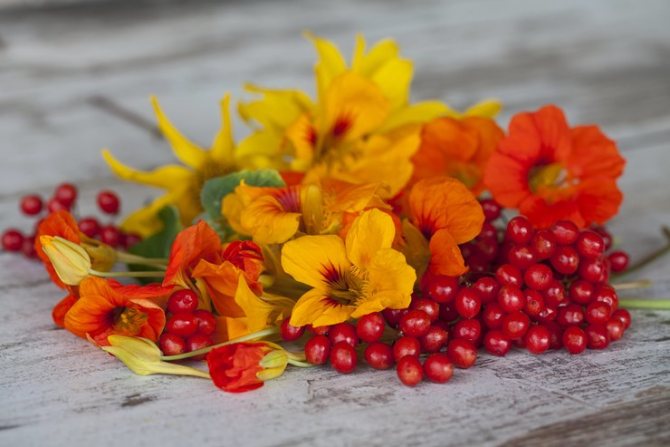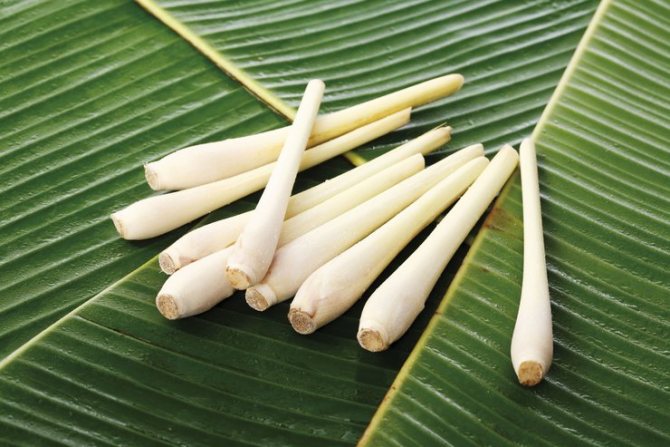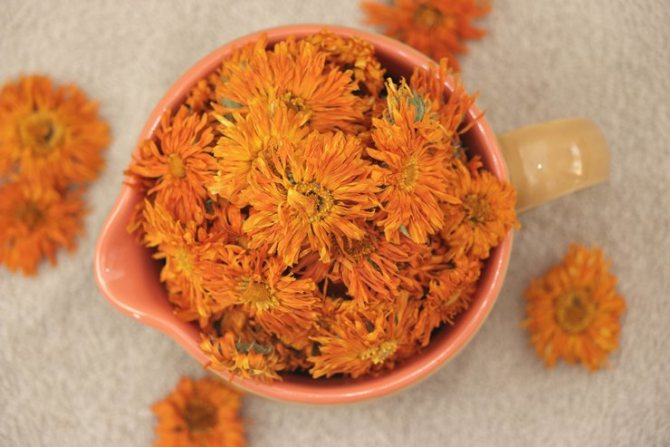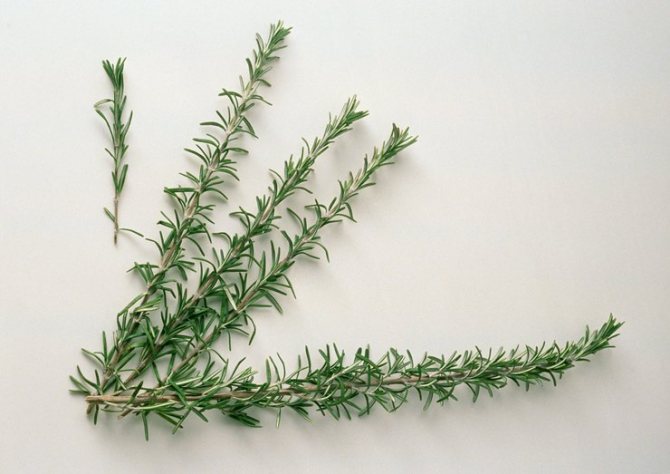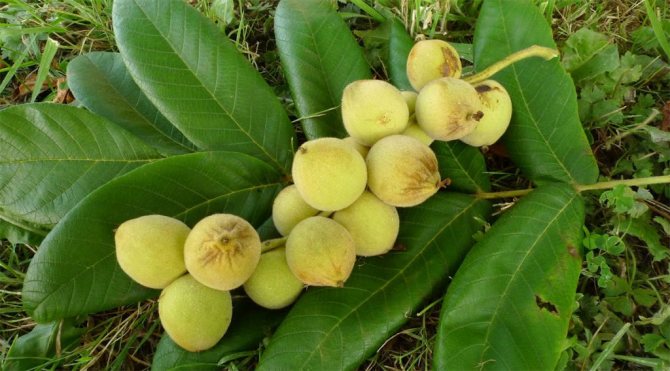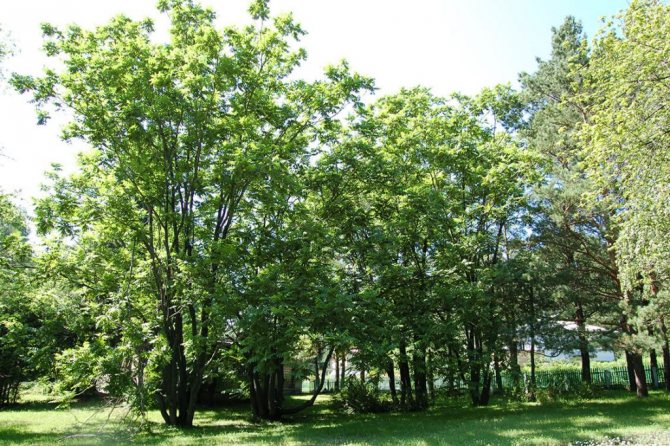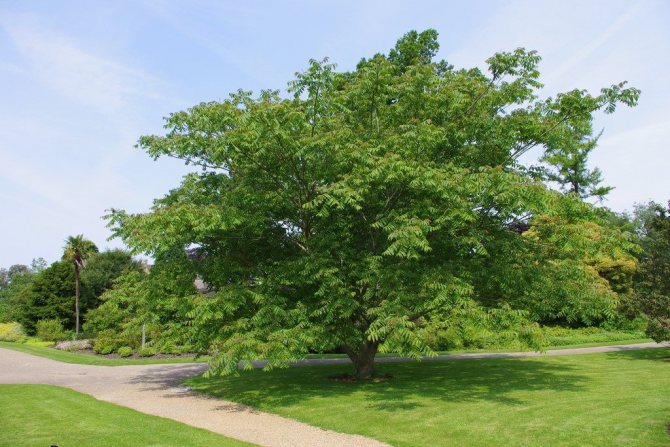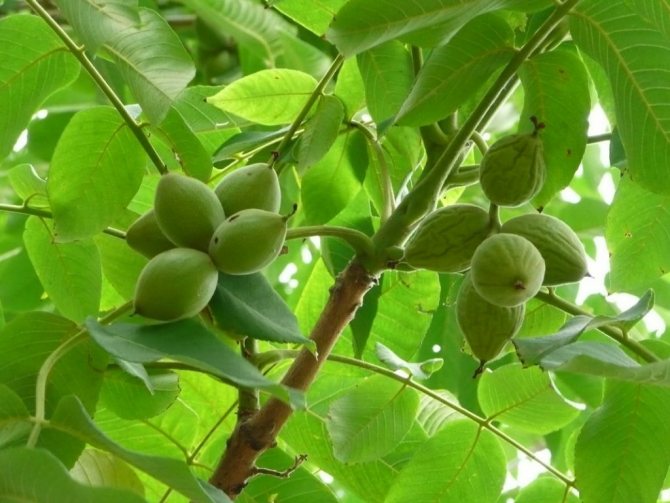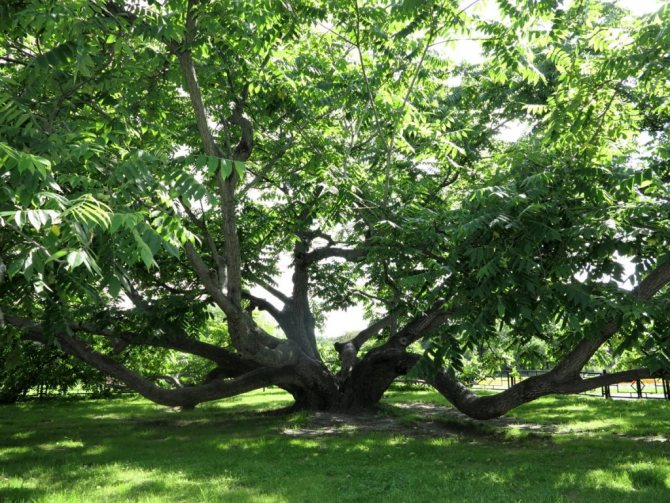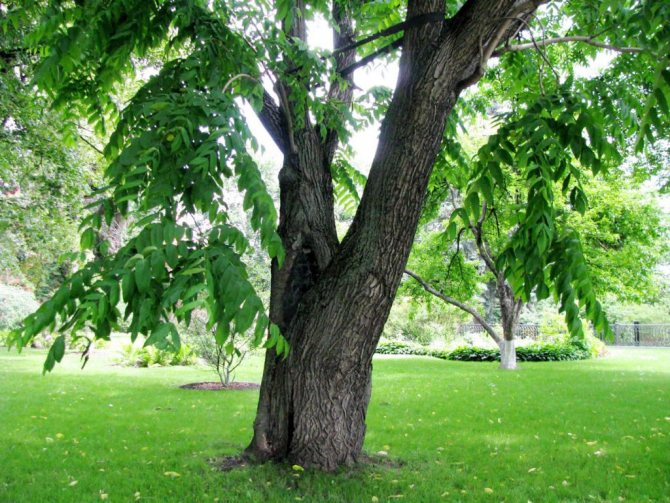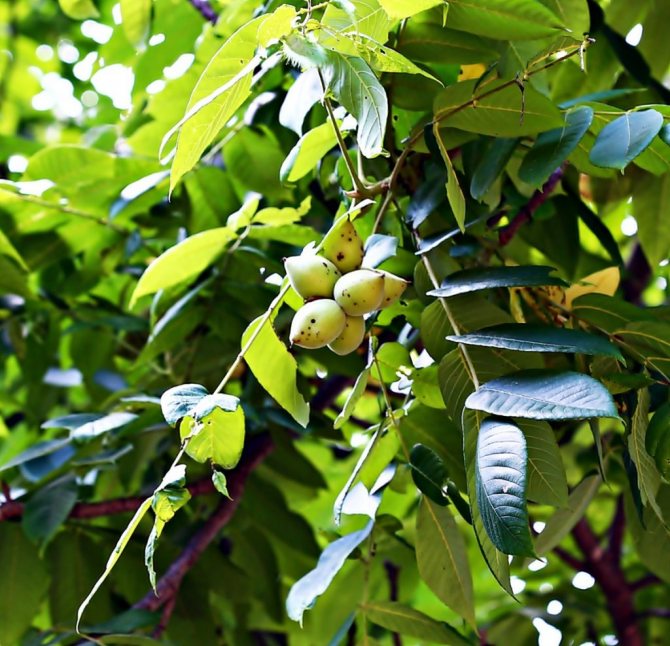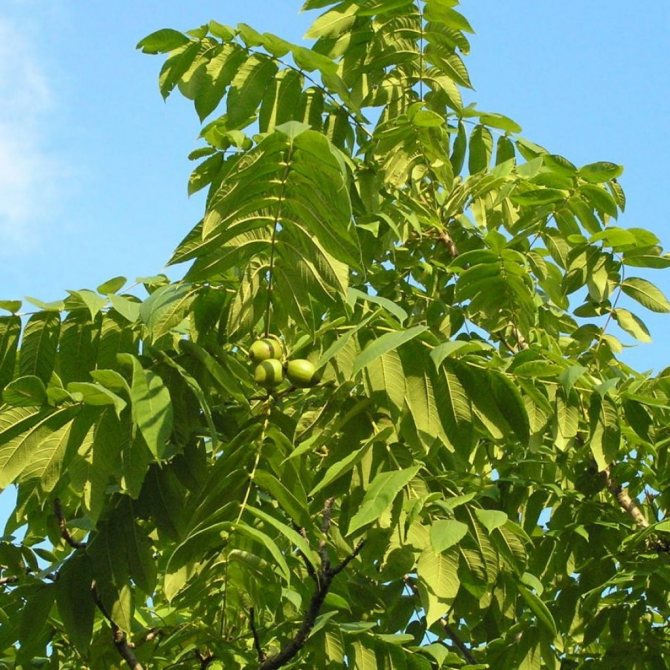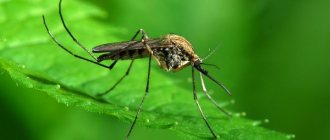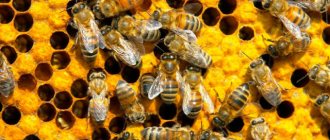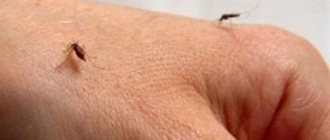Along with chemical preparations against mosquitoes and midges, there are plants that effectively repel blood-sucking insects. Such plants contain natural repellents or insecticides. The method of using plants to protect against blood-sucking insects is simple and inexpensive, and its good efficacy is combined with health safety.
Scaring away mosquitoes, midges and other harmful insects with the help of plants is an old folk method, which is partially adopted by modern manufacturers of various repellent and insecticidal agents.
Today, many mosquito ointments and sprays contain herbal extracts. Some plants interrupt the smell of the human body, other plants scare away mosquitoes with their aroma, and there are those from which insects die.
The method of using herbs in the fight against insects is popular primarily because of its environmental friendliness and availability, because plants are for the most part completely safe for health, and it is not difficult to grow them or find them in nature as a whole. Many of these plants are generally habitual "inhabitants" of the garden and vegetable garden, and in addition to the presence of natural repellent properties, they are also food and decorative value.
A big plus in the effect of fragrant herbs on insects is their versatility: most of the herbs that repel mosquitoes and midges also repel ants, bedbugs, cockroaches, the Colorado potato beetle, caterpillars, flies, horseflies and other gnats. We will find out which plants mosquitoes are afraid of and how to properly place these plants on the site.
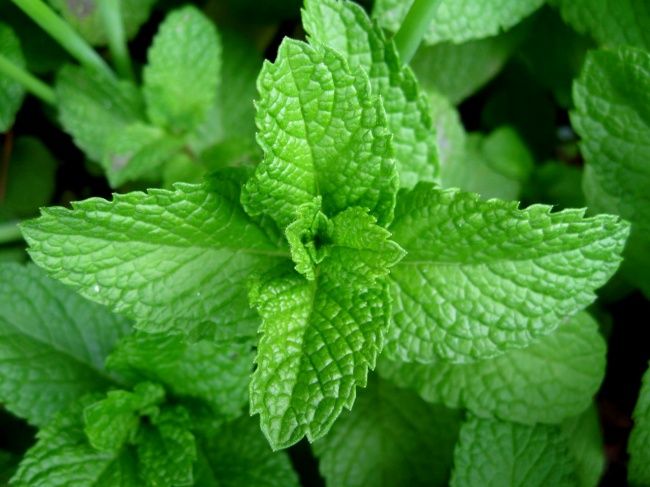
Mint
Grow this plant to make the perfect mint mojito and then sip it outdoors without the buzzing of mosquitoes. All varieties of mint repel mosquitoes, but there are more varieties than you thought: Explore the subtle differences between mint and peppermint, or marvel at how much chocolate mint smells like candy. Mint grows and spreads like wildfire, so its harvest can easily aid in your quest to expel mosquitoes.
Citronella
It is a perennial repellent plant whose oil is added to insect repellent chemicals. It has a very bright citrus scent, so mosquitoes are the first to react to it. The scent of the plant repels insects much more than chemicals. Although citronella is considered a perennial plant, the cultivation of this herb in our area makes it an annual crop. But if you still want to extend her life, then it is better to grow the plant in boxes or containers. Also, dried citronella is used as a seasoning for meat and vegetables, added to tea.
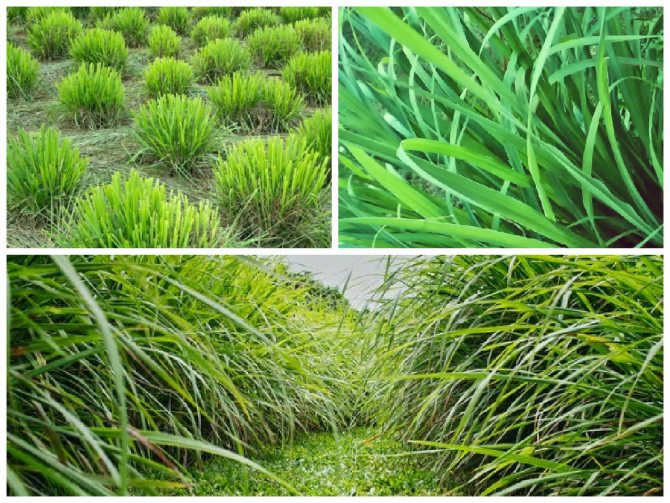

Callicarpa bodinieri
The tiny white flowers of the beautiful fruit are not very attractive, but the vibrant shrubs with purple berries make this small shrub stand out in the landscape. Fragrant oils released by crushing leaves repel mosquitoesand although they are not common as edibles, the leaves and berries are safe to eat.
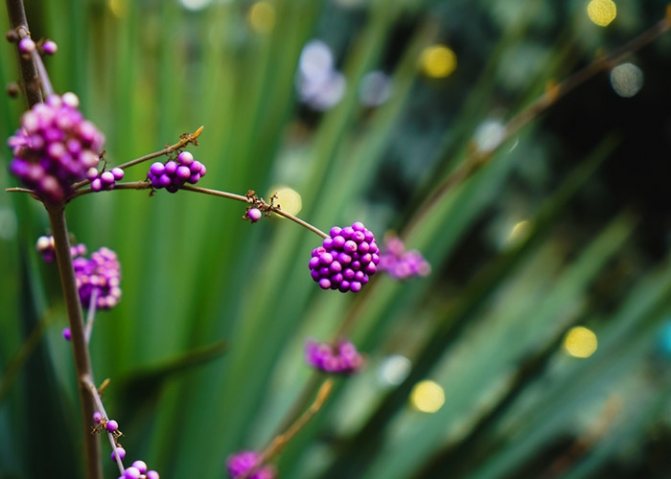

Photography - instagram
Lemongrass
Natural lemongrass oils manage to smell like real lemons, only better.Lemongrass is a staple in Asian cuisine, and its subtle scent also lends citrus notes to some perfumes. This delicate plant will not survive the winter, so at the end of the warm season, the container with lemongrass is returned to the room. Even if the plant grew outdoors, it can be easily transplanted into a pot if desired. Chop up the leaves of this plant and sprinkle them around the deck for your next meal, both to keep mosquitoes away and to create a pleasant scent.
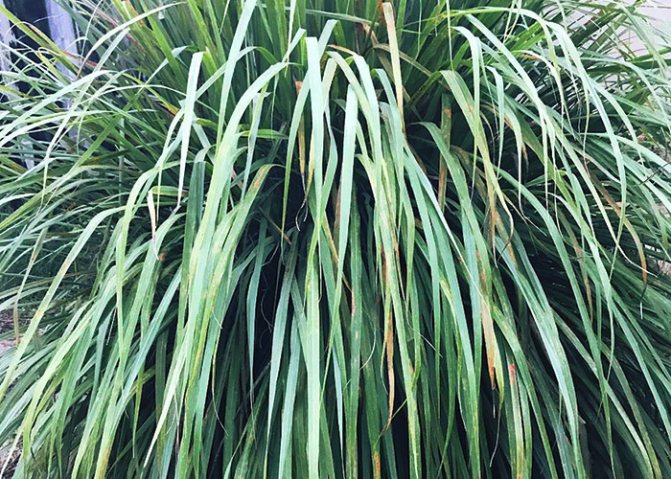

Photography - instagram
How to scare mosquitoes and midges away from your land
So that mosquitoes and midges do not bother in the country or in the local area of a private house, you can plant on the site:
- Garlic, onion, horseradish, celery. Their pungent smell scares away all insects. This is especially true for winter garlic.
- Peppermint, oregano (oregano), lemon balm, mustard, cilantro, rosemary, coriander, basil, chicory, fennel - these aromatic herbs are widely used as spices, but they also perfectly muffle the smell of the human body and disorient mosquitoes in search of prey. Planting these herbs can be marked around the perimeter of the site and alternated with rows of other plants in the garden. Instead of peppermint, you can use cat and marsh, these species also have a strong smell.
- Citronella. Its bright rich aroma will reliably rot away all blood-sucking insects. No wonder the oil and extract of this plant are among the most popular herbal ingredients in repellent ointments. The citronella aroma is due to the high content of geraniol, limonene, citronellol and other insect repellent components.
- Flowers: carnation, garden geranium, ageratum, nasturtium, marigolds, calendula (marigold), chamomile, lavender - these flowers also repel insects, and they also decorate the garden. They can be planted in beds or flowerpots, along paths, around gazebos, under windows and near the porch. All of these flowers, like the above-described citronella, to one degree or another contain substances unpleasant for insects - geraniol and centronellol, as well as menthol. And in addition to this, chamomile contains coumarin and pyrethroids, which are harmful to all types of insects.
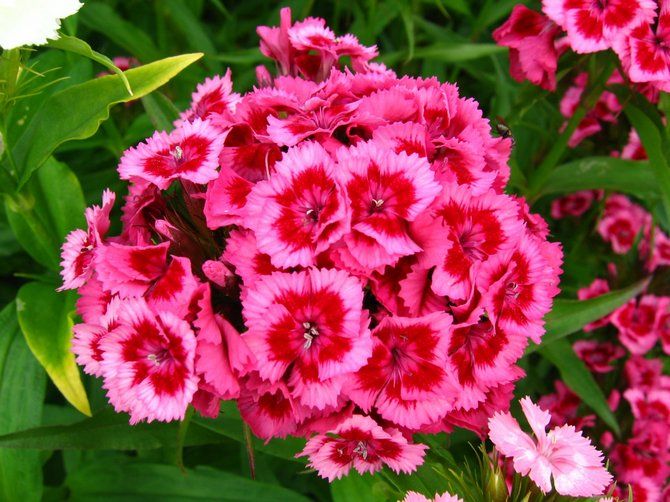

- Castor oil plant. It perfectly repels insects at a distance of several meters and is able to reduce their population. If there is a pond or a ravine near the site, in which water regularly accumulates, then the castor oil plant planted nearby will prevent insects from multiplying in this place. Mosquitoes lay their eggs in water, and the smell of castor bean is so unpleasant to them that it prevents them from flying close to the reservoir.
- Trees and shrubs: walnut, pine, bird cherry, black elderberry, juniper, laurel. The smell of elderberry, pine, juniper and walnut leaves repels blood-sucking insects and garden pests. Bird cherry confuses mosquitoes, midges, flies and horseflies, knocking them out of the way with a strong scent. Laurel leaves contain camphor, which is harmful to insects. Not surprisingly, insects don't come close to him.
- Tomato tops. Mosquitoes fly around tomato beds, fearing their smell. For the best effect, you can plant tomatoes at several points on the land.
- Meadowsweet and wheatgrass. It is better for these plants to allocate space behind the fence of their site, allowing them to grow around the perimeter. Meadowsweet is a wild grass that does not need painstaking care, and wheatgrass is a malicious weed that is difficult to remove from the garden. But these herbs serve as natural barriers for all insects.
- Tansy. It works great on flies, but it is also unpleasant for mosquitoes.
- Ivy. Ivy branches can be run along the hedge around the entire perimeter of the site fence. This unpretentious plant soon forms a picturesque carpet of dense green leaves, and mosquitoes will not like their smell.
It is necessary to distribute plants from mosquitoes around the site taking into account the wind rose of a particular area.The most effective protection will be if these plants are located at different points, and it is imperative to plant some of them from the windward side of the site.
Perennial plants gradually decrease their aromatic properties over the years, so it is useful to rejuvenate plantings from time to time. Young sprouts always smell stronger and contain more insect repellent substances.
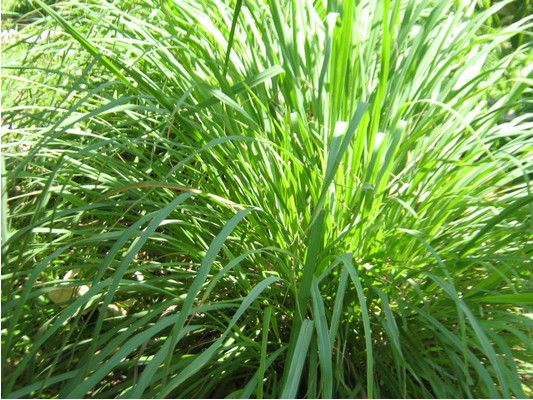

Marigolds
Plants have a unique scent that can be described as pungent. These mosquito-repellent annuals grow easily from seed and make a beautiful addition to a flowering garden, where they can even repel other insect pests such as worms. The substance in the marigolds that gives them their mosquito-repellent power is pyrethrum, the same substance used in many organic insecticides.
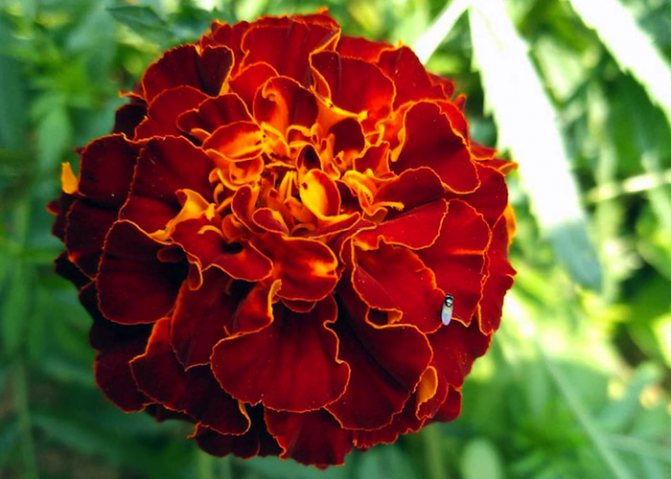

Photography - instagram
Is it possible to enhance the smell of plants
There is no way to achieve such an effect. When the sun's rays appear, essential oils evaporate, and the smell of repellents intensifies. This is especially true in thyme and lavender, as they love warmth. Accordingly, in order for the smell from the plant to be strong on a rainy day, it is necessary to ensure dryness and sun. As you know, people do not control the weather.
Another option is to wait until the plants are obtained in laboratory conditions, that is, artificially bred.
In this video, you will find other smells that repel mosquitoes:
Lavender
It is a fact that mosquitoes do not like this smell, and the pleasant scent of lavender means you can apply the plants to your skin as a kind of natural repellent: Finely chop the plant and mix with sweet almond oil. As a last resort, simply crush the flower and apply it to your skin and clothing.
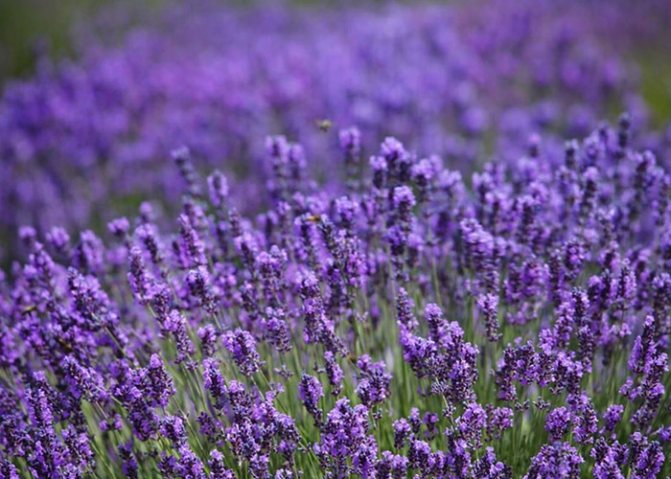

Photography - instagram
Rosemary
People have used rosemary as a natural pest control for years as insects wary of its pungent scent. Rosemary-infused grill smoke is especially effective at keeping mosquitoes off the street, and it will also serve a dual purpose to the flavor of your meat.
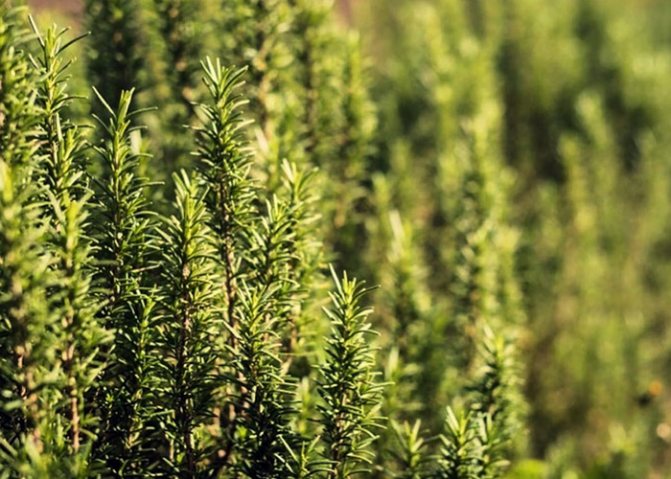

Photography - instagram
What shrubs scare away mosquitoes
There is not a sufficient selection of shrubs in Russia. The most popular mosquito repellent plants are:
- Rosemary is an evergreen shrub. In the north, it exists as an annual herb. Has a smell.
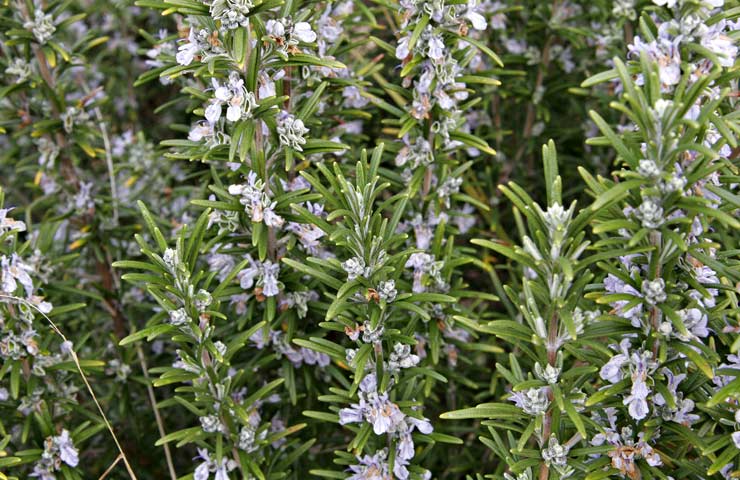

Rosemary can also repel mosquitoes
- Bird cherry. Refers to a tree, but can also be a shrub. Height reaches 10 m, and starts from 60 cm. Early flowering is characteristic of bird cherry - from May to June.
Lantana
Lantana flowers are so potent against mosquitoes that the journal of the American Mosquito Control Association published it (yes, there is such a magazine).
“Lantana flower extract in coconut oil provided 94.5% protection against Aedes albopictus and Ae mosquitoes. Aegypti ".
In fact, this drug protected mosquitoes for an average of two hours, with no side effects for humans. An added bonus is that lantana flowers grow so easily in warm, sunny locations and also attract butterflies.
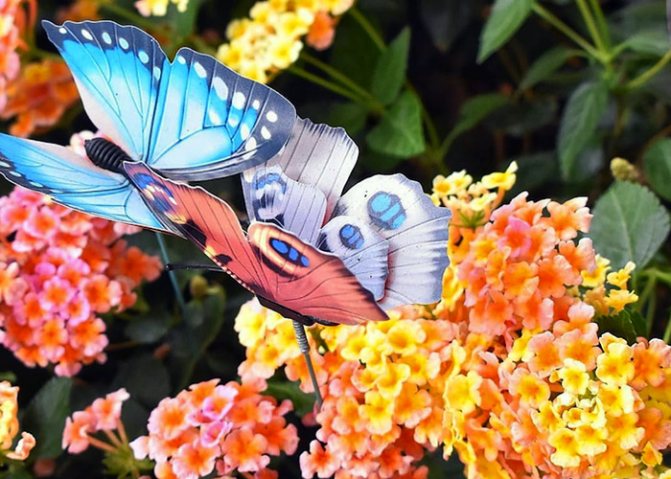

Photography - instagram
Lemon Catnip
Most often, this plant is called catnip and is often confused with lemon balm in appearance and smell. Cats really like this grass, but mosquitoes don't. A decoction from this plant has a calming and antidepressant effect. Therefore, the catnip will not only improve your mood and well-being, but also protect you from mosquitoes!
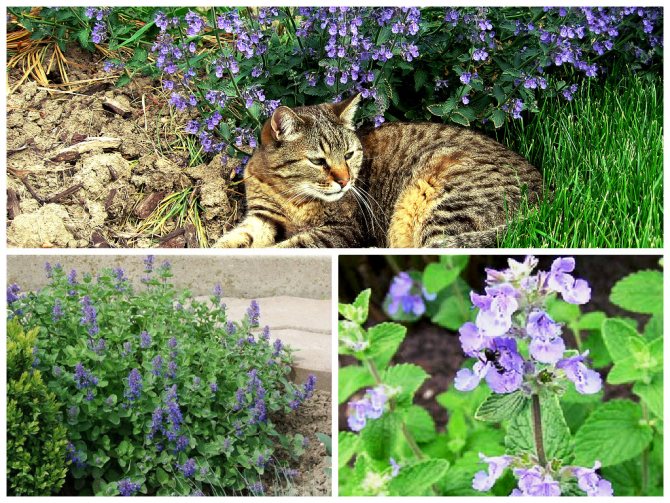

Dill (Fennel)
Dill serves many useful functions in addition to its mosquito repellent properties: fluffy plants are as decorative as any tall garden grass, the leaves are delicious in salads and soups, and attract butterflies in the garden.
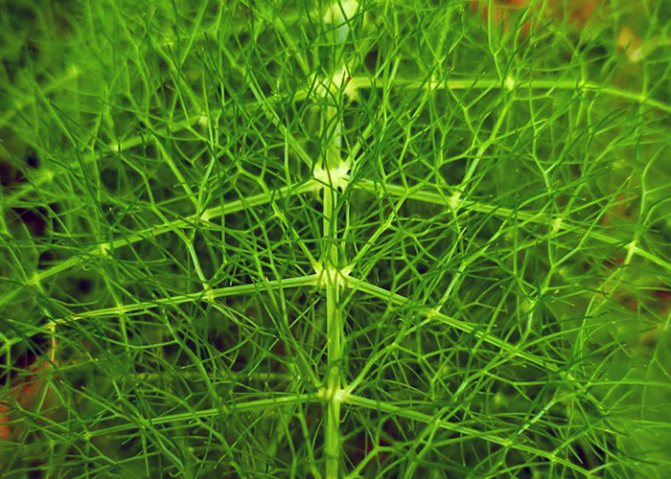

Photography - instagram
Eucalyptus
Eucalyptus can grow up to 20 meters in height in just a few years. Since it is a delicate plant that will not stand up to frost, the best alternative for many gardeners is to grow eucalyptus in a pot. For short-term growing, choose the fast growing E. globulus bicostatawhich will give you lots of fragrant leaves to harvest and repel mosquitoes. For a plant that will live for several years in a pot, choose a slow-growing eucalyptus, such as E. vernicosa. Eucalyptus plants love sun and rich soil.
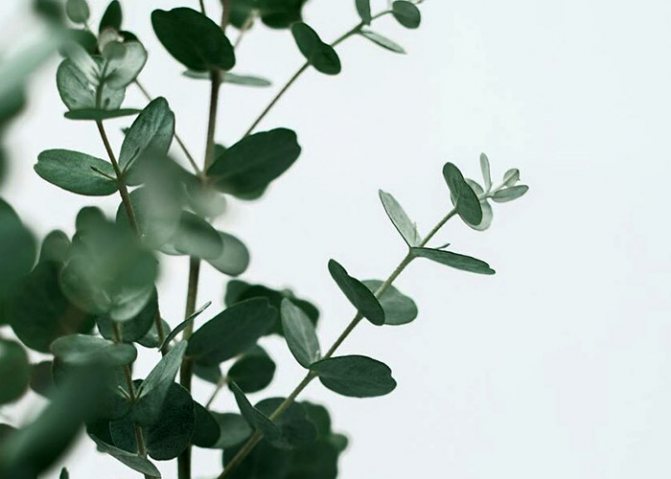

Photography - instagram
What are carnivorous plants
This species grows in soil with a low amount of nutrients. To compensate for their deficiency, predatory plants eat insects, including mosquitoes. They use various methods for hunting - active (held by a trapping organ) and passive. In the latter case, the mosquito sticks itself.
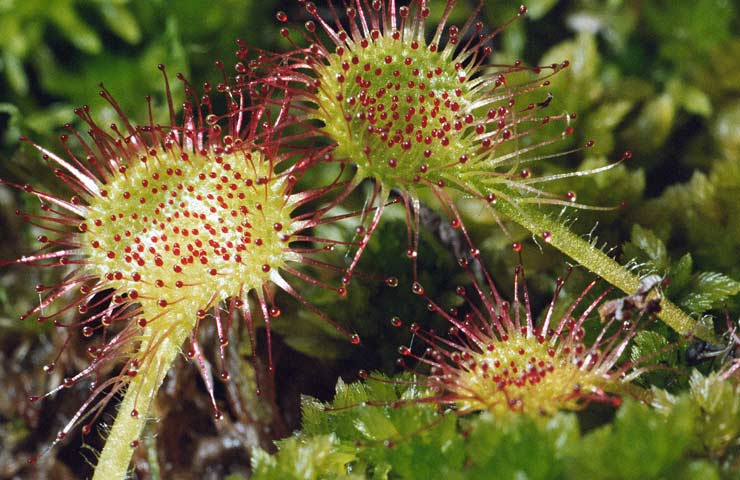

Sundew is an exotic carnivorous plant that can feed on small insects
Most carnivorous plants originated from cold regions, so they tolerate winter calmly. But they love moisture and you need to carefully select the soil. The exception is tuberous sundew and Lusitanian dewdrop.
Most often you can find the following predatory plants - common sundew and Venus flytrap. The first is found on the territory of the Russian Federation, and the homeland of the second product is the United States. Dewdrop catches insects by wrapping its leaf around it. And Venus covers 2 halves of the leaf, so the mosquito remains inside.
Such plants are not suitable as permanent protection against a large number of mosquitoes. They can digest 1 insect for several days. With an excess amount of food, the plant will die due to the appearance of rot.
Attention! Such plants do not have a deterrent effect; on the contrary, they attract insects.
Basil
Fast-growing basil leaves are as nasty to mosquitoes as they are a delicious addition to our pesto and salads. Not all basil are the same when it comes to repelling mosquitoes, and the extra-spicy Thai basil with its narrow leaves and cinnamon flavor has the best insect repellant properties. All basil plants require sun and warm temperatures, making them great companions for tomatoes.


Photography - instagram
Melissa
One of the safest ways for humans to protect themselves from insect bites. This plant is the closest relative of mint. They love to add it to tea, but they often do not know that it repels mosquitoes. Melissa is a cold hardy plant. Therefore, unlike citronella, it can grow in soil even in winter. It has a very pleasant mint-lemon scent, so feel free to plant it in a pot and place it on the windowsill!
